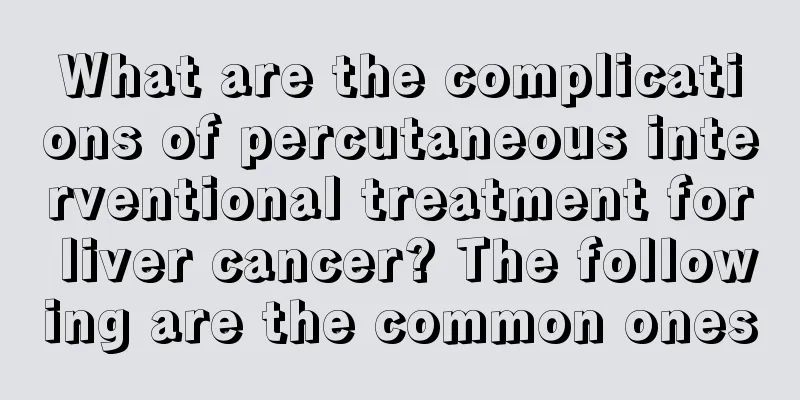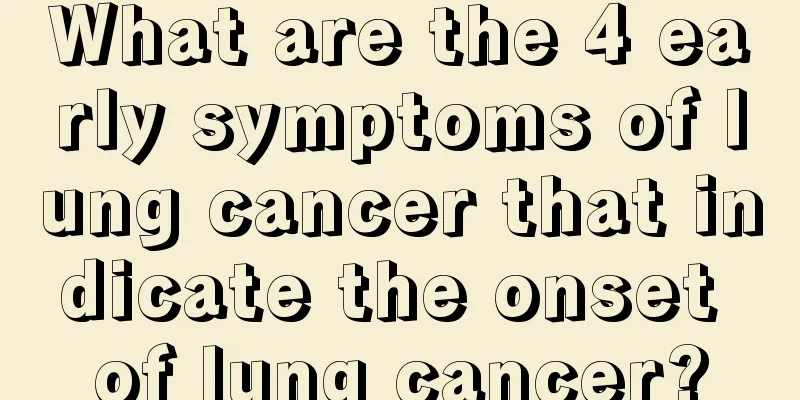Symptoms of mid- and late-stage esophageal cancer

|
The main symptoms of mid- to late-stage esophageal cancer are: 1. Progressive dysphagia: Progressive dysphagia is the main symptom of most patients when they seek medical treatment, but it is a late manifestation of the disease. Because the esophageal wall is elastic and has the ability to expand, dysphagia will only occur when about 2/3 of the esophageal circumference is invaded by cancer. As the cancer destroys the muscle wall and invades the esophageal circumference to block the lumen, the diseased section of the esophagus loses elasticity and forms an irregular narrow channel, and dysphagia becomes more and more serious, from being unable to swallow solid food to being unable to swallow liquid food. If the cancer is accompanied by esophageal wall inflammation, edema, and spasm, dysphagia may be aggravated. The area where there is a sense of obstruction corresponds to the area of cancer obstruction. 2. Esophageal reflux: Esophageal reflux may occur due to dilation and fullness in the proximal part of the esophageal obstruction. The reflux contains mucus mixed with old food and may be bloody or have visible detached tissue chunks. 3. Pain when swallowing: Pain when swallowing is caused by cancer erosion, ulcer, external invasion or proximal esophagitis. It is more obvious when eating, especially after eating hot or acidic foods. The pain may involve the neck, shoulder blades, chest and back. 4. Other symptoms: Long-term insufficient food intake leads to obvious chronic dehydration, malnutrition, weight loss and cachexia, with enlarged left supraclavicular lymph nodes or other manifestations caused by the spread and metastasis of the cancer, such as hoarseness caused by compression of the recurrent laryngeal nerve, pain caused by bone metastasis, jaundice caused by liver metastasis, etc. When the tumor invades adjacent organs and perforates, esophageal bronchial fistula, mediastinal abscess, pneumonia, lung abscess and aortic puncture and massive bleeding may occur, leading to death. |
<<: Early symptoms of esophageal cancer
>>: Pathological classification of esophageal cancer
Recommend
The harm of water bed to the body
With the gradual improvement of living standards,...
Daily health tips?
Health is very important to everyone, but with th...
More pain after cervical massage
The cervical vertebra is an important part of the...
The hazards of cobalt-chromium porcelain teeth
Nowadays, some people have problems with their te...
Early symptoms of prostate cancer in men
Among male diseases, prostate disease is the most...
How to reduce fever with liquor
There are many ways people can reduce fever. For ...
What are the main plants for radiation protection in the office?
Offices are the places where people are most expo...
Is skin cancer more hereditary or acquired?
Is skin cancer more hereditary or acquired? With ...
How to remove stains from kitchen quartz countertops
The sanitation in the kitchen will directly affec...
What are the genetic factors of nasopharyngeal carcinoma
The genetic factors of nasopharyngeal carcinoma a...
The role of desiccant
If we look closely at food packaging, we will fin...
Rosenthal Effect
Many people are not very familiar with this. This...
The bones creaked when I twisted my back
In life, there are often some people who don’t mo...
What are the characteristics of nasopharyngeal carcinoma headache
What are the characteristics of nasopharyngeal ca...
What is the key to treating cervical cancer? How to treat cervical cancer
There will be no symptoms in the early stage of c...









